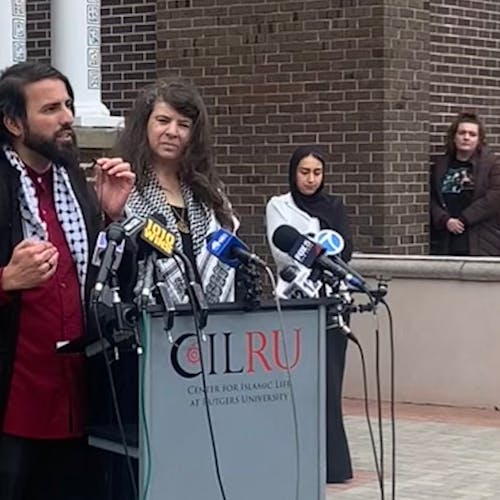Students discuss how they consume news

There is a distinct difference among generations and where they consume the news.
Newspapers, television and radio are all considered traditional media outlets. Social media outlets such as Facebook, Twitter, Instagram and online newspapers all fall under the digital media outlet umbrella.
A recent Pew Research study found that Facebook, a digital media outlet, was a main source of news information for today’s college students. The study found that 61 percent of millennials get their political news from Facebook.
The study was based on an online survey conducted between March 19 and April 29, 2014. About 2,901 members of the Pew Research Center’s American Trends Panel, a nationally representative panel of randomly selected U.S. adults, took the survey.
Nicholas Kosko, a School of Arts and Sciences sophomore, believes social media plays an integral role in how both current and younger students consume news.
“Right now, people seem to get their news via the Internet,” he said. “(This is a) reason why I think social media has had a huge impact recently.”
Kosko is currently studying sports journalism and said he constantly stays up to speed on sports news with Twitter and ESPN.
But Kosko follows other news sources as well. He believes people should be informed of all types of news in order to be aware surrounding issues.
Ciarra Zotorski, a School of Arts and Sciences senior, also said she receives her news through social media outlets like Twitter.
“We live in a society that is dominated by technology. Social media allows news to be more easily accessible throughout the day,” she said.
Although she does not watch or read the hard news on a regular basis, she keeps up with celebrity and fashion news regularly. But Zotorski said it is worth the time to keep up with world’s news.
“I definitely think it’s important to stay in touch with what is going on around the world we live in because every (news issue) can have an impact on our lives,” she said.
She said it is important to not just read about local issues, but across the globe as well. Despite the generational difference, she feels younger people may consume just as much news as the older crowd.
Younger people are consuming news in more technological ways than that of traditional outlets, but she said the quality of the news younger generations consume is questionable.
“ ... Younger people turn to BuzzFeed and Twitter, rather than the television or radio,” she said. “The question is then, whether they are receiving the same quality of news or not.”
Steve Miller, coordinator of Undergraduate Studies for the Journalism and Media Studies major, prefers more traditional media outlets.
“I tend to go to more (of) a traditional (way for) news sources,” Miller said. “I grew up with a top-down authoritative (system) telling me the news.”
Students today have a liberal system of how they set up their news feeds, Miller said. As an undergraduate, Miller said he did not have as many news outlets to choose from.
Miller said digital media news outlets continually run into credibility issues, of which students should be aware. With so many news outlets available, it has become difficult to trust which news source is credible.
Overall, Miller vows to enhance the media literacy of his students. For him, it is all about discussion.
“What people consider news changed,” he says. “People need to prioritize what they consider important news.”



